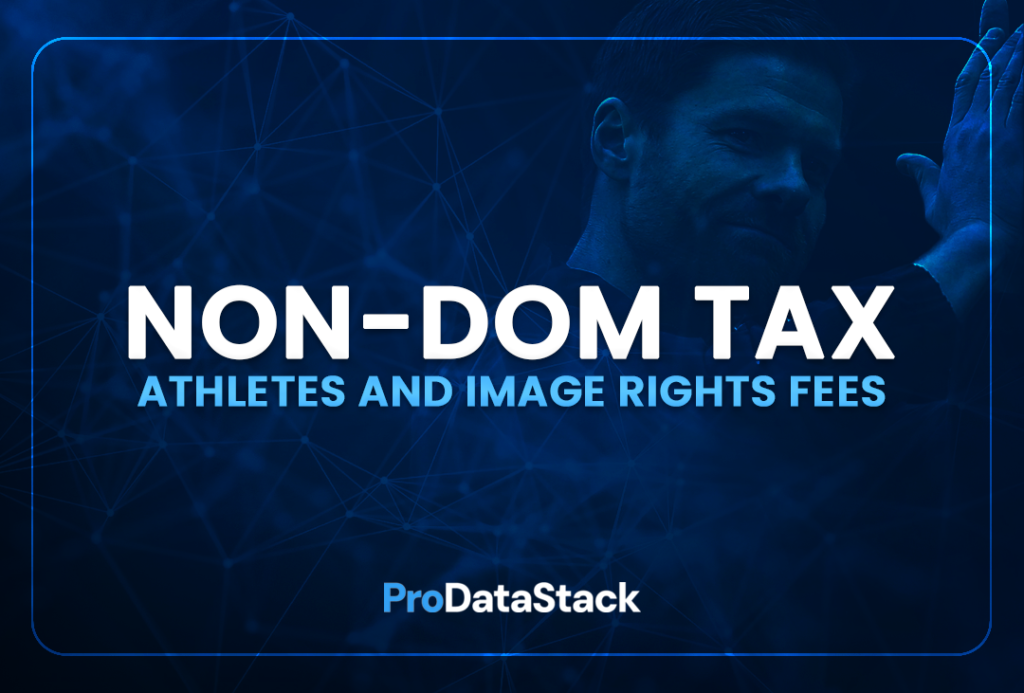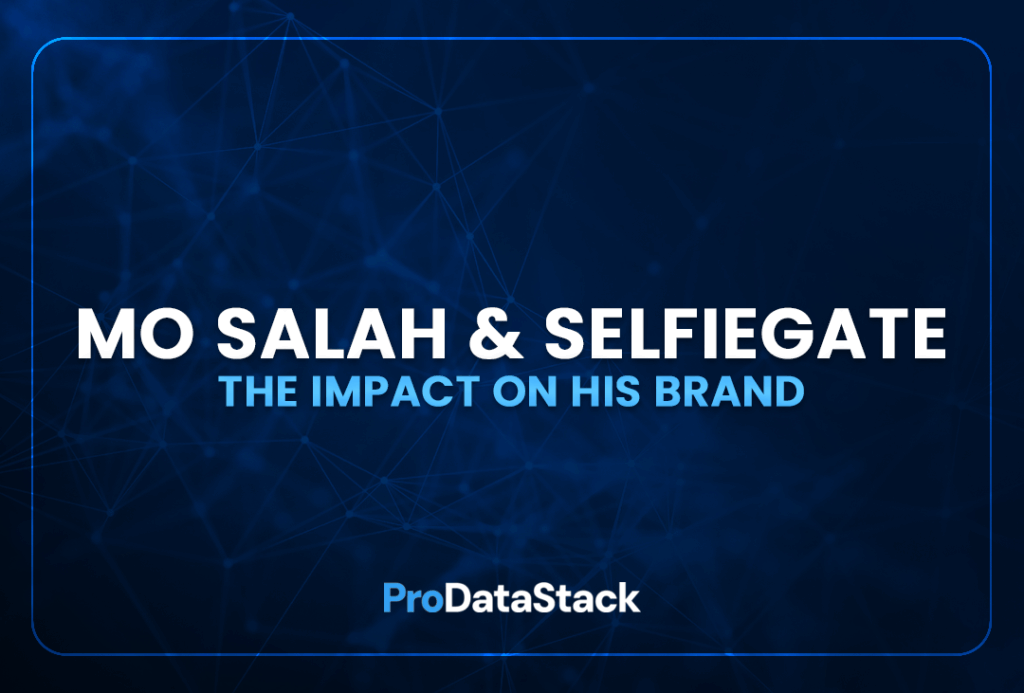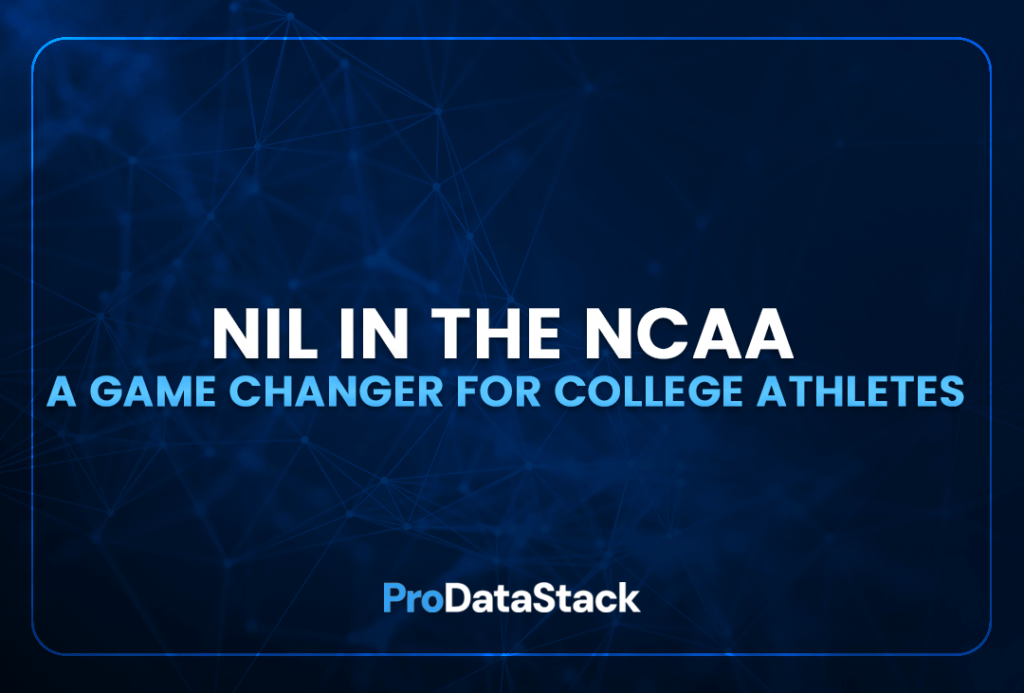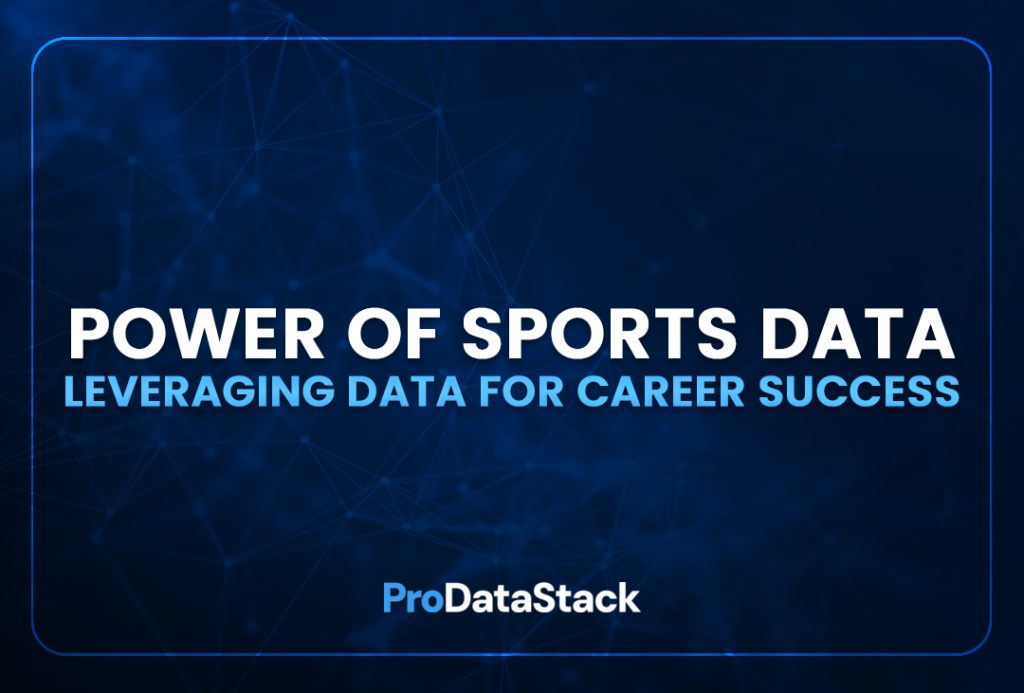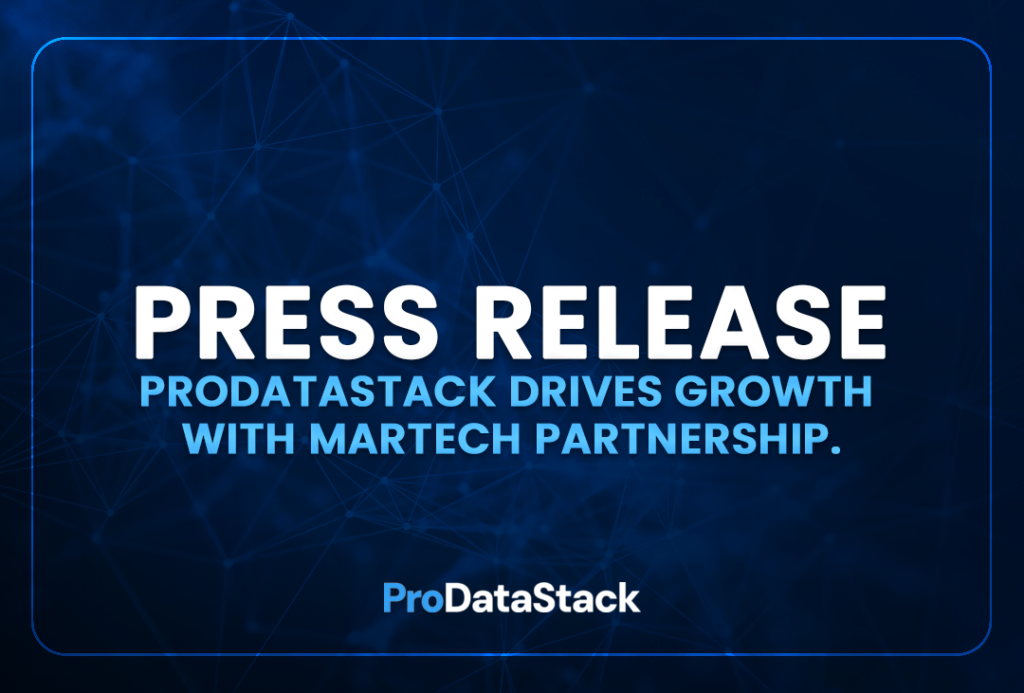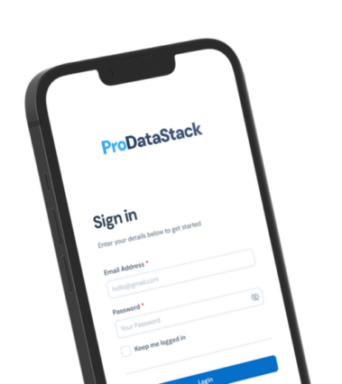Since launching ProDataStack we’ve met with many other organisations that provide services to professional athletes – from branding agents and wealth managers to content producers and media trainers.
Among the many conversations we’ve had since launching, a notable one was with Jonathan Booker, a former football agent who now operates as a mediator in sports, helping achieve settlements that avoid prolonged and expensive lawsuits. Jonathan’s also the co-host of a podcast, The Agents Angle, and in episode 26, tackled the complex tax situation faced by professional footballers. Contributing to that episode was Pete Fairchild who heads up the London private client tax team of professional services firm, Crowe UK. Jonathan introduced us to Pete and boy did he have something to say when he looked at ProDataStack.
But let’s go back a step with a (very) short lesson in UK taxation for professional footballers (all athletes really but we’ll focus on footballers for now.)
A professional footballer’s contract with their club will often consist of two parts – a fee for playing and training, plus a fee for their image rights. The footballer will often set up an Image Rights Company (“IRC”) and assign their rights to that company which will be subject to a corporate tax of 20%. An athlete who doesn’t have an IRC will be subject to personal income tax for their image rights fees, and of course that could be 40% or will more likely be 45%.
Note – this is not advice to anyone reading this to go out and set up an IRC, professional guidance is needed for that (see Pete Fairchild at Crowe), I’m just setting the scene.
However, if the footballer in question is classed as a “non-dom” for the purpose of UK tax, they fall under the non-dom regime (non dom tax status UK).
What is non dom status?
Let’s go back a step again…
A “non-dom” is short for a non-domiciled individual and refers to a person living in the UK who is considered a resident for tax purposes but who has their permanent home outside the UK. Cristiano Ronaldo was a classic example of a non-dom: originally from Portugal, he played for Manchester United in two separate stints, first from 2003 to 2009 and then rejoining the club in 2021.
The UK’s tax regime provides special rules for non-doms, primarily related to how their foreign income and capital gains are taxed. It’s incredibly complex but I was fortunate to have Pete explain it to me in simple terms.
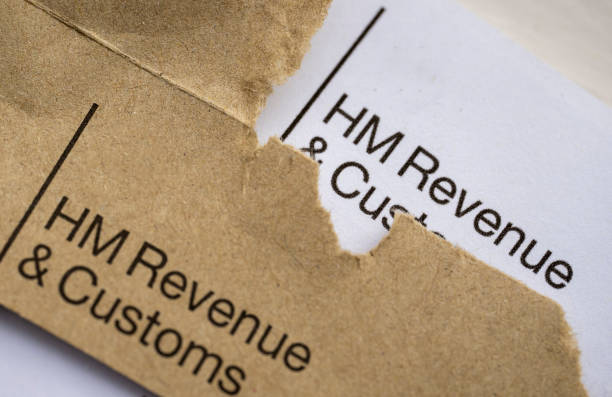
Fundamentally, the tax situation for a resident non-dom living in the UK (like Ronaldo) is distinct from that of a UK-domiciled individual (like me). While I must pay UK tax on my global income annually, Ronaldo will have had his tax liability confined to the income and capital gains generated solely within the UK. This is because of his non dom status.
So, we have a non-dom footballer like Ronaldo, holding a contract with Man Utd that’s split between his playing/training fees and his image rights. By the way, the value of that split is another complex issue….see Pete Fairchild at Crowe.
Now let’s fast forward to where ProDataStack comes in, and the opportunity Pete spotted in our software.
As an international footballer of his status, you can imagine that only a portion of Ronaldo’s image rights were commercialised as a result of his activities here in the UK. But there’s the challenge (or indeed the opportunity).
Try discussing that with HMRC.
Try demonstrating – irrefutably – what % of Ronaldo’s fees for his image rights should be liable for UK taxation, and what percentage falls under the non-dom regime.
We gave Pete the answer in our dashboards – with absolute clarity and backed up with evidence. We can show where any professional athlete’s image rights (or wider IP) is generating value around the world.
And that’s what HMRC is looking for – the concreate evidence that enables them to ensure that professional athletes apply the non-dom regime as it was intended: non dom tax status UK.
However, as experts in this field are aware, despite the tax from non-doms hitting a six-year high in 2023, the former government began phasing out this special status in the last budget, and it’s expected that Labour intend will continue to do the same. But if you’re a professional advisor managing the tax liabilities for a non-dom athlete client—who’s tracking for this year, hasn’t yet filed for last year, and is still negotiating over the previous year—we think we have part of the solution for you.
And so does Pete Fairchild at Crowe.
By the way, we have another tax question – how long before data can be considered an asset by GAAP? Not too long if you’re studying the field of Infonomics. Watch this space for more discussion about that and the impact on a professional athlete’s forward value.
Contact us to learn more or book a demo of our software.
2025 Athlete Non-Dom Tax Discussion
In an update to our original post from August 15, 2024, we describe the latest position in 2025 with regards Non-Dom Tax – Athletes and Image Rights Fees.
As expected, the current Labour government followed through on its pledge to abolish the previous rules for UK resident non-domiciled individuals with effect from 6 April 2025.
For those likely to be affected, the first step is to determine non-domicile status. This remains key for earlier years, the current tax year, and future years.
Next up, wrap your head around the transitional rules now in place, specifically the Transitional Repatriation Facility (TRF). Where, subject to certain residency tests, qualifying individuals who have previously been tax resident in the UK will be able to use the new Foreign Income and Gains regime (FIG ). Meaning foreign income and gains brought into the UK will not be subject to UK tax during the transitional period. With the same being the case for any new arrivals in these four-years. There are also transitional rules for existing non-doms, with the option to make an election under the Temporary Repatriation Facility (TRF). Together with rules around rebasing of non-UK assets that are subject to capital gains in the UK. And list of complexities continues … offshore trusts, property trusts, and implications for inheritance tax being charged on worldwide assets. And note, we are not out of the woods yet. Turns out the position may be subject to further change. Speaking at the World Economic Forum in Davos in January this year, the Chancellor, Rachel Reeves she would ‘tweak’ the transition period rules to make it more attractive, having ‘listened to concerns.’
The result. What was already a complex subject to navigate, now has a whole new level of complexity added for an individual (and spare a brief thought for the HMRC) when determining precisely to what extent income, gains and assets are liable to UK taxation.
Should professional athletes be concerned in 2025?
Why are we talking about this? Well, as raised in our original post, consider the position of a Professional Footballer, or indeed any other professional athlete who has commercial image rights baked into their contractual arrangements. And the question, both in respect of the previous year, and future years under the transitional arrangements, how much of the value generated under their deal was derived from activities here in the UK, and how much was generated in overseas geographies? Does the contract specify the split? Almost certainly not. And so, an assessment needs to be made. This is where ProDataStack comes in. Offering footballers and other athletes the ability to collate irrefutable data on the international reach of their brand. And, using this data, then make an assessment of the correct split. Or, be armed with the data needed to challenge what they believe to be an incorrect assessment made by HMRC.
Finally, an important note to end on. We said it before but will repeat here. This post has been written to highlight the risk and the opportunity. It is not offered as advice. Why? Because this is an extremely technical and complex area. And we’re experts in sports data, not experts in taxation. For that you’re going to need to speak to someone like Pete Fairchild from Crowe. That said, if you are a professional athlete, an agent or someone who advises professional athletes on non-dom taxation, and you need access to the data to help ensure that the calculation of tax payable is correct, contact us and we’ll explain more about how we can help provide the data you need.

